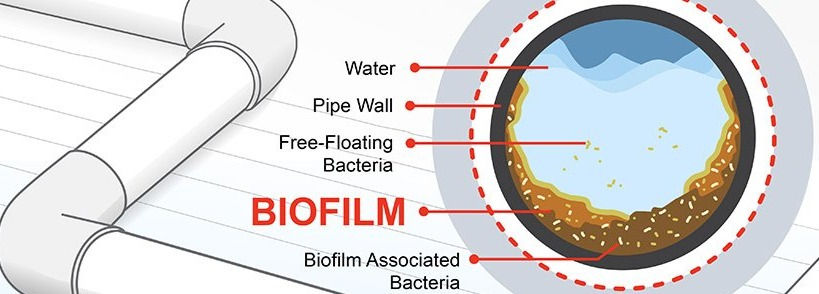Teeth Grinding (Bruxism)
- kerryocm
- Apr 11, 2019
- 2 min read

Bruxism is the habit of clenching, gnashing or grinding your teeth. Your teeth are not meant to be clenched and in contact all the time. They should only briefly touch each other when you swallow or chew. If they are in contact too often or too forcefully, it can wear down the tooth enamel. This is the outer layer that covers each tooth. Without this to protect the inner parts of your teeth, you will have dental problems. Regularly clenching or grinding your teeth also leads to pain in the jaw or in the muscles of the face. Bruxism happens while awake and while sleeping.
Who has bruxism?
It is thought that about half of the community grinds their teeth from time to time but it may be serious in about 1 in 20 cases.
Approximately 30% of children grind or clench their teeth. Most children grow out of this and suffer no lasting effects to their adult teeth.
How do I know if I have it?
You may not know that you grind your teeth while you are asleep. A bed partner may be the first person to notice grinding sounds and noises. Other clues may be:
morning symptoms of a dull headache or ear pain
jaw muscles that hurt or are tight
trouble opening the mouth wide
long lasting pain in the face
damage to the teeth and broken dental fillings
fractured, chipped or loose teeth
aching teeth
stiffness in the face and temples
sensitivity to hot and cold food/drinks
pain when biting down as the fibre that attaches the teeth to the bone gets inflamed.
Your dentist can help to work out if you have bruxism. You will be asked a series of questions and your overall dental health will be checked. This may include:
looking for wear and damage to your teeth
checking the muscles in and around your jaw
function of the jaw joints.
What causes it?
There are many reasons for bruxism such as:
emotional stress (anger and anxiety)
drug use (stimulants)
having to concentrate hard
illness
dehydration
poor diet
sleep problems
teething (in babies)
misaligned teeth.
How is bruxism treated?
There are many treatments available for bruxism including:
a night splint
relaxation and awareness techniques
counselling may help to relieve stress
improving the quality of your sleep can be of benefit
treating sleep apnoea in some people.
There are no medications that will stop bruxism. A splint can be made to help protect the teeth, muscles and jaw joint from the pressure of clenching and grinding. It will not stop bruxism but it will reduce the chewing force to your teeth, thus protecting them for the future.



Comments